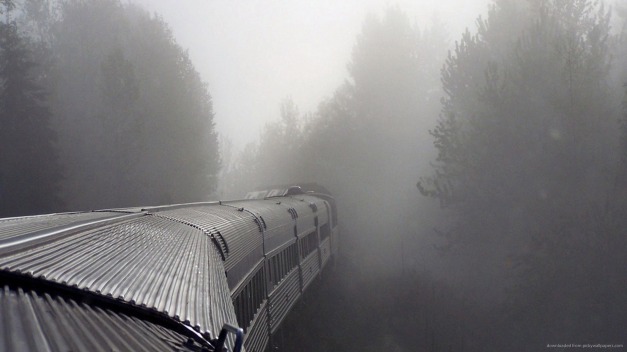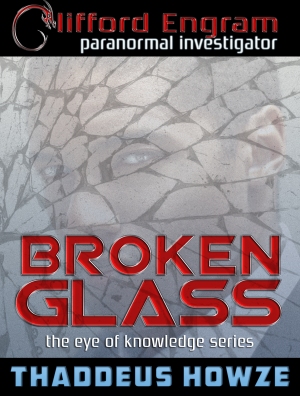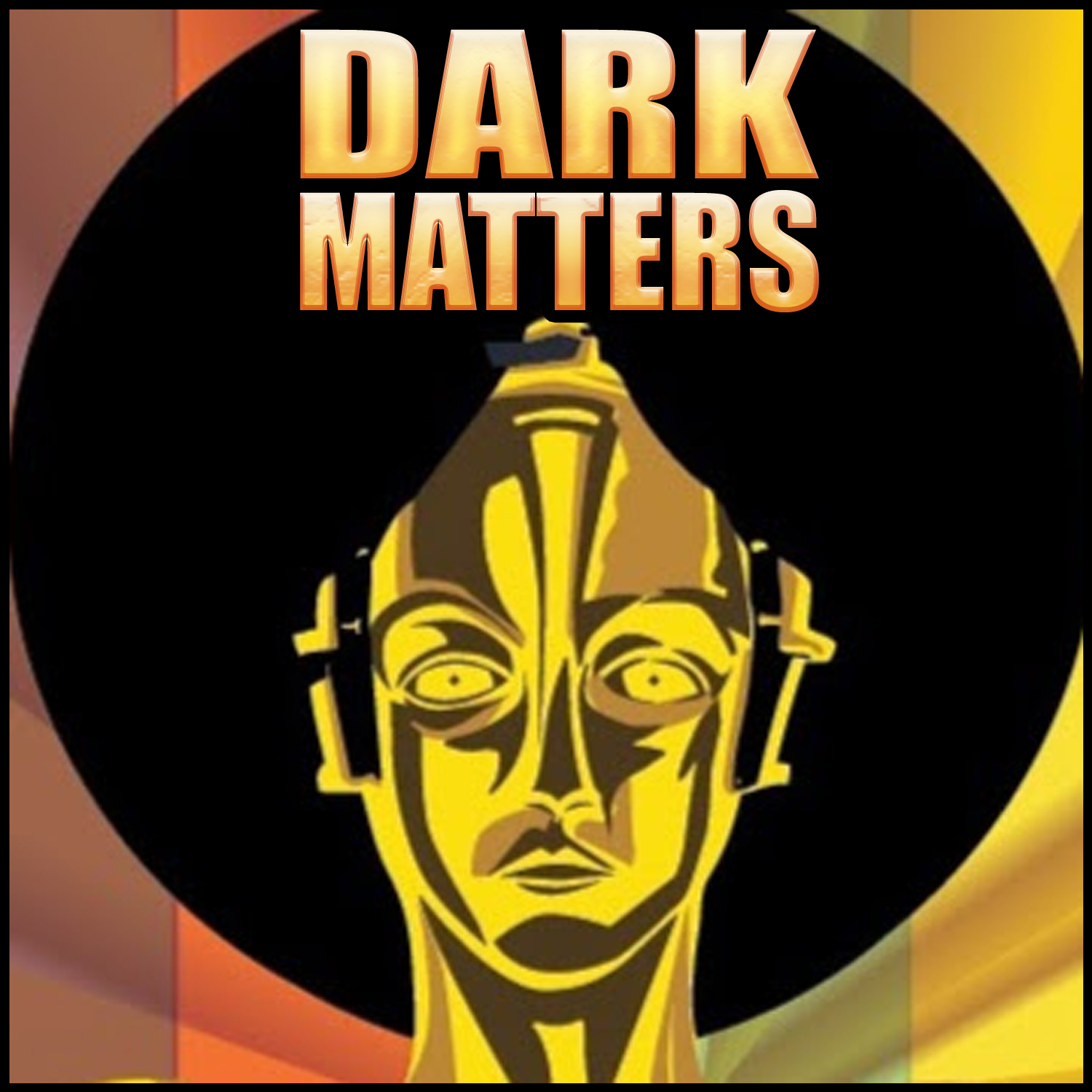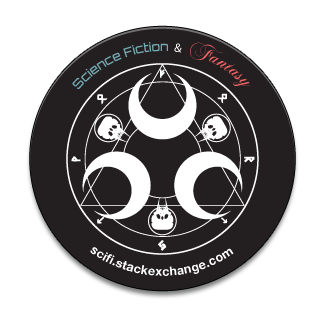A Clifford Engram tale
“We are the dead. Our only true life is in the future. We shall take part in it as handfuls of dust and splinters of bone. But how far away that future may be, there is no knowing.”
— O’Brien, 1984, George Orwell
 If you are fortunate, you have never seen it.
If you are fortunate, you have never seen it.No one in polite government acknowledges its existence. It arrives at night, cloaked in its own fog. Thick, sound absorbing, it rolls in a hour before the train arrives.
No health agency officiates its movements, no news agency writes on it. No reporters acknowledge they have been aboard it. Healthcare workers deny working on it, chefs deny cooking there, social workers deny helping its passengers adjust to new lives.
People know about it only in rumor. The staff is faceless; fearless; selfless.
It moves from city to city, never officially scheduled but strangely welcome. Every major metropolis expects it, sooner or later, and though there is never an official word, it arrives in the middle of the night, leaving some, but taking many.
People who have used it, never speak on it. Never write books about it. What is known even by the people who service it, is told in hushed whispers.
What we do know is this:
It is always full, never overly so, but the people are generous and sharing.
No one eats well, but no one goes hungry either.
It stops for only four hours.
Food, supplies, stores are made available. Food kitchens, churches, and yes even city officials see that it has whatever it needs as long as it is gone in four hours.
Everyone is patient. They wait for their turn. People get off first. They have been given a map, lists of resources, and a tiny stipend for work done on their passage. These first unload the Dead. Those who were too sick, too far gone, too old to survive the journey.
For some, they got on this train knowing they would not walk away from it.
Unspeaking city workers take away the dead, many unnamed to be cremated as per the arrangement with the Night Train’s operators.
The Staying finish moving the Dead and with a quick prayer, vanish into the night, knowing what they have will probably not be enough. But they hope a new place, new faces will bring opportunity the last places they were, did not.
As they pass the New Passengers who wait patiently, some smile, others pass bags to them, filled with things they might need. Blessings are exchanged and the night swallows them up.
Strangely enough, most never return to the Night Train.
Food is next. It is already sorted, boxed, and made ready for easy access. Along with food, recyclable materials are moved off the train and a waste management vehicle handles the human effluvia.
This is a smooth operation, practiced. Everyone knows their job and how to do it.
The only words written on the outside of the train is the Latin phrase, “Motus Vita.” Mobility is life. Our ancient ancestors knew this. They moved from place to place, learning the lay of the land and finding opportunity or moving on.
The Night Train crew recognizes this, so they sacrifice, never sitting still; always moving in order to give hope to the hopeless, mobility to the trapped, dreams to the impoverished, respite to the weary, food to the bellies of those unable to care for themselves.
Lastly, the New Passengers board. Many are tired, carrying only their meager possessions, they are ushered onboard by those who will be leaving on the next stop. They are cared for, cleaned up, fitted with new clothing, their hair combed, their health checked, their teeth cared for.
They are fed, assessed and by the next stop, they will have had more care than most will have seen in a decade. Social workers who reveal no secrets, help them to decide what can be done for them and calls are made along the route.
The Night Train has only one agenda, to help people keep moving on with their lives. As they pull away from the station, city officials grimace knowing they are paying for a service they need but are ashamed to have to take advantage of.
The existence of this Black train is a blessing to those served and a reminder of the failure of those in charge. They would love to stop providing service. But then they would have to explain so many other things. They go back to their offices and work a little bit harder.
If you are unfortunate enough to ride this train, you may experience shame for having to be there. Don’t. This is not the end of the line. For some, this is a chance at a new life. Accept the help.
If you do it right, you will only need it once.
The Night Train pulls away from its latest station and blows its horn, a sad, sonorous sound. People in the distance, pretending they don’t know that sound, lying nestled in their homes shudder gratefully.
Others who have just left it, smile, grateful for the chance to start again.
Of the Night Train’s crew, no one knows what they think. They turn their collars up against the wind.
![]()
Motus Vita © Thaddeus Howze 2013, All Rights Reserved















A very poetic introduction!
I am so loving Motus Vita! Gonna stock up on hot chocolate and blankets and let my newest favorite author, Thaddeus Howze, get me through the winter with his talented writings!